This year, the Yang Potao Apui rain-praying ceremony was continued to be held by the People's Committee of Phu Thien district at the Plei Oi national historical-cultural relic site (Ayun Ha commune) in conjunction with the Cultural-Sports Competition of Ethnic Minorities, bringing visitors many interesting experiences when coming to the land that was once part of the Hoa Xa small country in history.
Pray for rain on the top of the mountain of the gods
In the polytheistic beliefs of the Jrai people in the ancient Cheo Reo valley, the Water King and the Fire King played a particularly important role, acting as a bridge between the villagers and the gods. According to legend, thanks to the magical sword, the Fire King could call for rain and wind to irrigate the fields, bringing bountiful harvests to the people.
Although the Fire King is now only in the subconscious, the people of Plei Oi still have special respect for him. The sacred mountain of Chu Tao Yang, the location considered to be the residence of the Fire Kings, is still not approached by anyone without permission, because they believe that the Fire Kings' souls are always present. Anyone who violates will be punished by the gods.
When the Fire King was no longer there, with the trust of the villagers, the Fire King's assistants were the ones to perform the Yang Pơtao Apui worship ceremony on the top of the sacred mountain. This is a ceremony that many locals and tourists look forward to when attending the festival. Due to the limited number of people going up the mountain, to ensure the sacredness, from 2024, the worship ceremony will be broadcast live on a large TV screen in the courtyard of the relic site for everyone to watch.
Mr. Siu Pho leads the ceremonial procession to the top of the sacred mountain Chu Tao Yang. Photo: HN
At exactly 9 o'clock, Mr. Siu Pho (14th Fire King's assistant) led the ceremonial procession carrying offerings to the top of the sacred mountain to pray for rain and convey the villagers' wishes for a year of favorable weather, good crops, a prosperous and happy life. The ceremonial procession consisted of 10 people, all of whom were elders and prestigious people in the village. Among them, Mr. Rah Lan Hieo and Mr. Siu Pho were assistants to the last Fire King. Although they had not yet been crowned, the people here soon considered them to be the Fire King's substitutes.
The ritual was recreated in its original form with a 70 kg black pig, still alive, carried up the mountain as a sacrifice. A fire was lit, the pig was bled and roasted on the spot. When the offerings (including a jar of wine, a bowl of rice and the best part of pork) were laid out, Mr. Siu Pho began to perform the worship ritual. At the same time, Mr. Rah Lan Hieo performed the eagle's take-off movement to bring the offering to the gods. The sound of gongs and drums echoed throughout the mountains and forests.
The rain-praying ceremony was performed by two assistants of the 14th Fire King. Photo: HN
“Oh gods… please come here to receive the offerings of the villagers and grant rain so that the people have water to grow crops, the rice will bloom with many flowers and full grains, the harvest will be bountiful, the granaries will be full of rice, and every family in the village will be well-fed”-Mr. Siu Pho began the prayer.
While praying, he took rice and meat from the bowl and scattered them around to invite the mountain god, river god, wood god, rock god... to attend the ceremony. Next, he poured wine into a bronze bowl, took meat and poured it on the tree roots and the foot of the rocky mountain as a way to commemorate the deceased Potao Apui, asking the Potao Apui to bless his prayer to come true.
Mr. Siu Pho said: The Fire Kings of the past all abstained from eating beef because they believed that cows were close animals, helping people plow the fields and haul wood. Although he himself had not yet been crowned, once he was entrusted by the villagers with the important responsibility of praying for rain, he also had to abstain from eating beef like the Fire Kings. This abstinence lasted for life, if not followed, he would be punished by Yang, and the prayers would no longer be effective.
“Compared to previous years, this year, the ceremony was held 1 month earlier. Therefore, 1 day before the rain-praying ceremony, I represented the villagers in performing a small ceremony to inform the Apui Potao and the gods at the Apui Potao tomb. Hopefully, the prayers will reach the gods and it will rain in the coming days so that the fields will be watered, the trees will grow well, and the crops will be bountiful for the villagers,” Mr. Siu Pho shared.
Scientists and researchers interact with the 14th Fire King's assistant on the top of the sacred mountain. Photo: HN
While the rain-praying ceremony took place on the top of the sacred mountain, at the King of Fire relic site, the troupes of artisans from communes and towns in the district enthusiastically performed gongs. Many traditional rituals of the indigenous people were recreated such as: the new rice celebration, the grave-leaving ceremony, the new house celebration, the going-to-the-field ceremony, etc. The ceremonies were recreated in a realistic and vivid way, bringing interesting experiences to the locals and tourists.
Gong performance during the rain-praying festival at Plei Oi National Historical-Cultural Relic. Photo by Duc Thuy
Traveling more than 10 km to the festival, Ms. Thai Thi Ngoc Bien (Hbong commune, Chu Se district) felt extremely satisfied when she witnessed the Fire King's assistants performing the rain-praying ritual on the top of the sacred mountain as well as immersing herself in the gong performances of 10 groups of artisans from communes and towns in Phu Thien district.
Ms. Bien shared: “I have heard a lot about the Fire King, and have also witnessed many rain-praying ceremonies of the Jrai people on the banks of the Ba River, but the rain-praying ceremony in Phu Thien district has many unique and different features, from the selection of the worshiper to the taboos when performing the ritual...
Along with the rain-praying ceremony, the sideline activities also brought me many interesting experiences. If I have the opportunity, in the following years, I will bring my whole family to this special festival."
Cultural activities take place within the framework of the festival. Photo: VC
Special Heritage
The year 2025 marks the 10th anniversary of the Yang Pơtao Apui rain-praying ceremony being recognized by the Ministry of Culture, Sports and Tourism as a national intangible cultural heritage (in 2015). For many years, the People's Committee of Phu Thien district has regularly maintained the rain-praying ceremony in conjunction with traditional cultural and sports activities to preserve the unique values associated with the Fire King.
Mr. Nguyen Ngoc Ngo - Permanent Vice Chairman of the District People's Committee, Head of the Organizing Committee - shared: "Through this event, we hope to promote cultural heritage, introduce potential and socio-economic strengths to promote investment attraction, cooperation and association with localities.
Thereby, it is possible to build a typical tourism product of the district; at the same time, preserve and promote the value of the national intangible cultural heritage of Yang Potao Apui's rain-praying ceremony as well as the traditional cultural values of the ethnic groups living in the area.
Introducing OCOP products and local products, thereby promoting the potential and strengths of the socio-economic situation of Phu Thien district. Photo: HN
On the morning of March 27, the rain-praying ceremony of Yang Potao Apui and the 16th Cultural and Sports Festival of Ethnic Minorities of Phu Thien district took place at the Plei Oi National Historical and Cultural Relic Site. Within the framework of the festival, there were cultural and sports activities, a running race "Following the footsteps of the Fire King"; an agricultural products market, an introduction of OCOP products, local products, and souvenirs. In addition, at the connecting points, there was also a water-wharf worship ceremony in So Ma Hang village (Ia Peng commune), and a Yang Oi Dai rain-praying ceremony in Plei Rbai (Ia Piar commune).
This year's rain-praying ceremony also welcomed a special delegation from the Vietnam Academy of Social Sciences and scientists who have researched the Central Highlands culture for more than half a century.
Associate Professor-PhD Chu Van Tuan-Director of the Institute of Religious Studies (Vietnam Academy of Social Sciences) shared: In many ancient sources of documents made in the 16th-19th century, there are records of the existence of two small kingdoms, Thuy Xa and Hoa Xa, in most of the Central Highlands region. In these two small kingdoms, there existed a very unique type of belief, which is the worship of Potao Apui.
The Fire King is one of the three famous “leaders” of the Jrai people in Gia Lai today, along with the Water King (Pơtao Aia) and the Wind King (Pơtao Angin). These “leaders” had a wide influence throughout the ancient Central Highlands. Among them, the current Potao Apui belief heritage at the Plei Oi national relic site can be considered the last remaining fragments of the polytheistic belief, worshiping the god Potao Apui of the agricultural residents - those whose livelihoods used to depend mainly on rice cultivation in one of the hottest and driest regions of the Central Highlands.
Researching, consolidating and enriching scientific knowledge about this phenomenon has made very meaningful contributions to research and teaching in the field of social sciences, to the development of the Central Highlands region in general and Gia Lai province in particular.
Gong performance during the rain-praying festival at Plei Oi National Historical-Cultural Relic. Photo: HN
Standing on the top of the sacred mountain of Chu Tao Yang, witnessing the last assistant of the Fire King reenacting the sacred ritual of the rain-praying ceremony, Associate Professor-PhD Nguyen Khac Su-former Senior Researcher of the Vietnam Academy of Social Sciences could not hide his emotion. Having researched Gia Lai since 1974, he believes that this is a special phenomenon, creating an extremely unique heritage.
He shared: “The appearance of Pơtao Apui plays a very important role, conveying the dreams and wishes of people, especially the Jrai people, to the sky to support them in life. But in fact, when the community believes in Pơtao Apui, they also do their best to solve difficult problems in life to cultivate, raise animals, and protect the environment. That belief makes them not succumb to any difficulties.”
Associate Professor-PhD Nguyen Khac Su also said: The phenomenon of Potao Apui is not of one village but of inter-villages, even... super inter-villages. The Potao Apui themselves play the role of resolving conflicts between tribes to live together. This is the unique and classy characteristic of the Jrai people. This phenomenon needs to be studied further so that this relic can become a special national relic.
Source: https://baogialai.com.vn/le-cau-mua-tren-dinh-nui-than-di-san-dac-biet-post316487.html


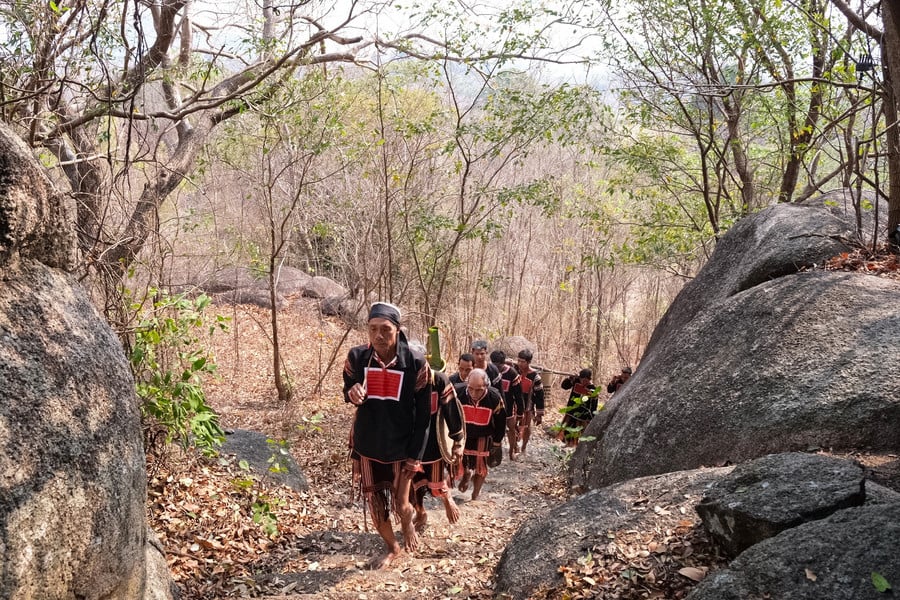

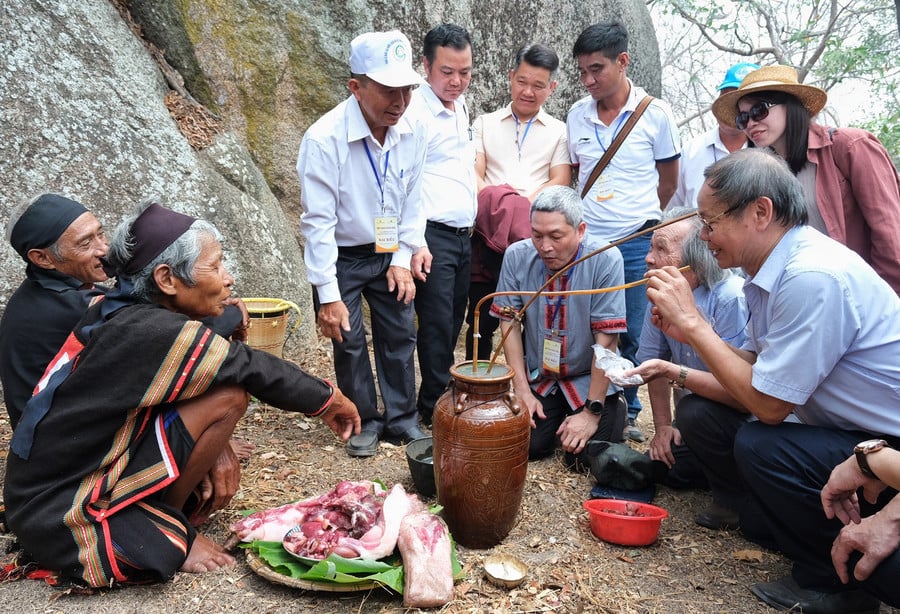
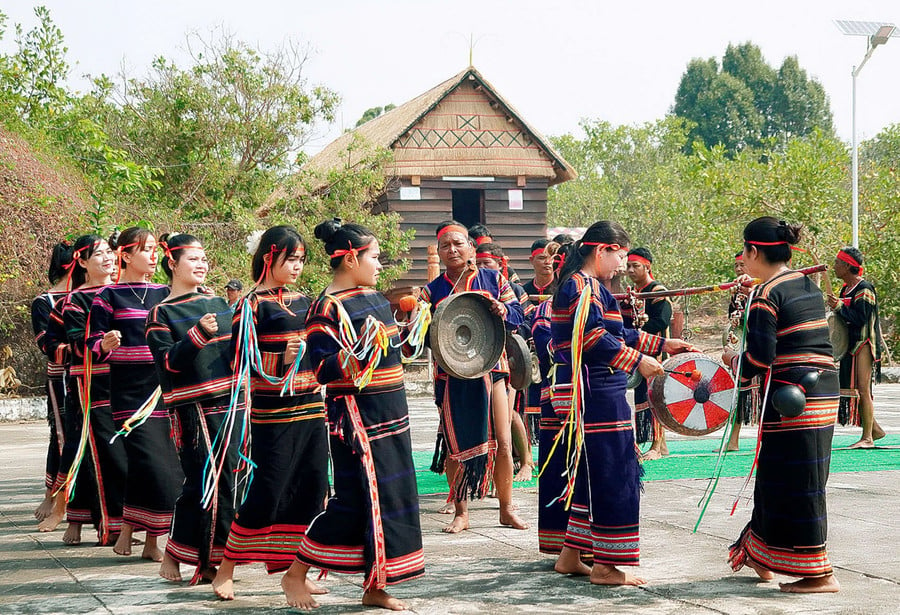
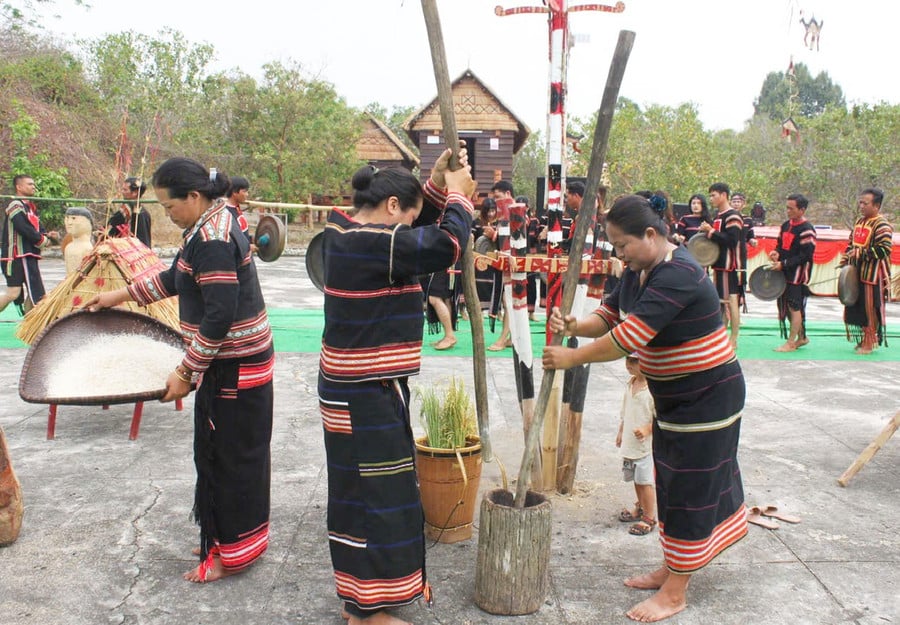
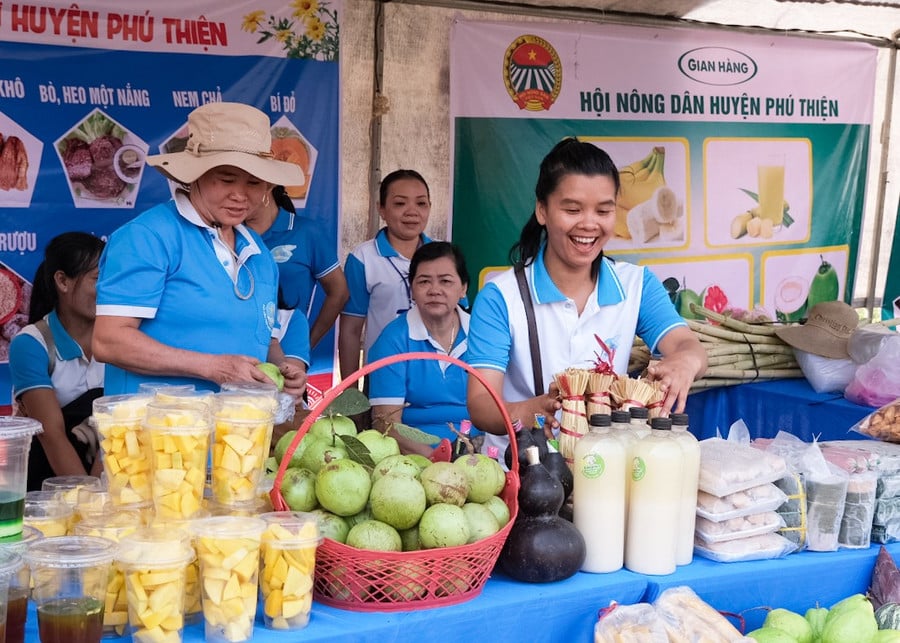
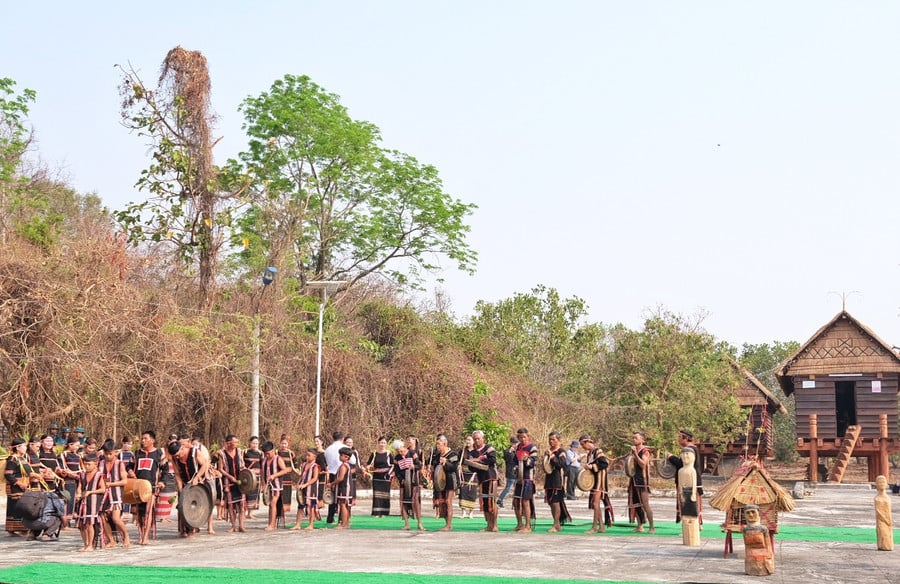


![[Photo] "Beauties" participate in the parade rehearsal at Bien Hoa airport](https://vstatic.vietnam.vn/vietnam/resource/IMAGE/2025/4/11/155502af3384431e918de0e2e585d13a)
![[Photo] Looking back at the impressive moments of the Vietnamese rescue team in Myanmar](https://vstatic.vietnam.vn/vietnam/resource/IMAGE/2025/4/11/5623ca902a934e19b604c718265249d0)


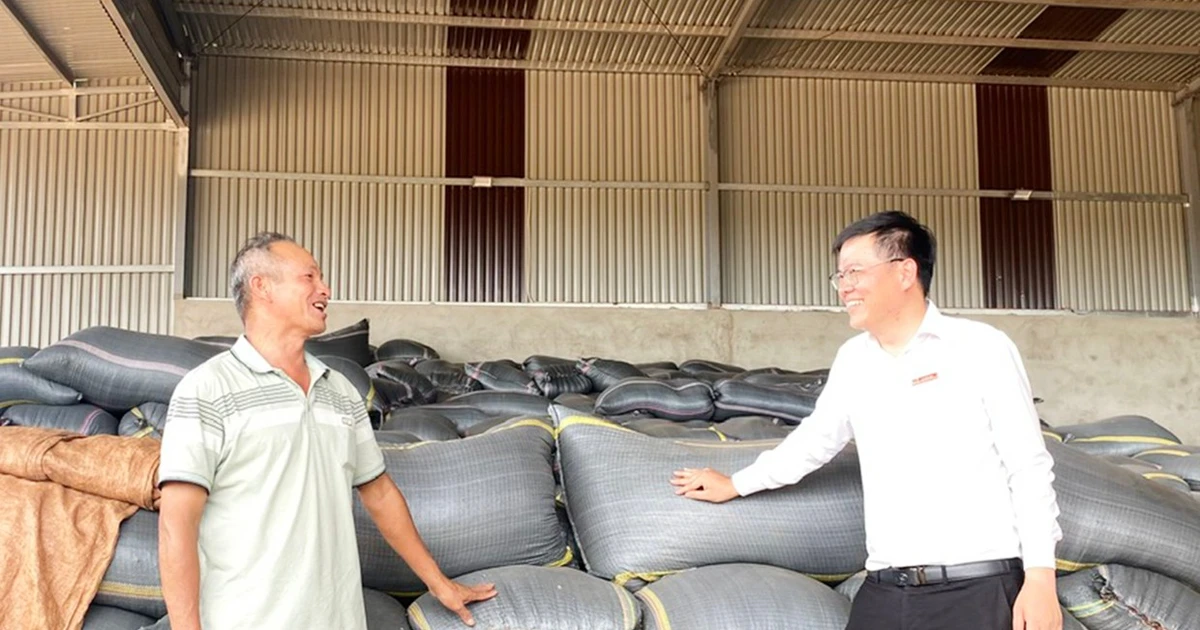







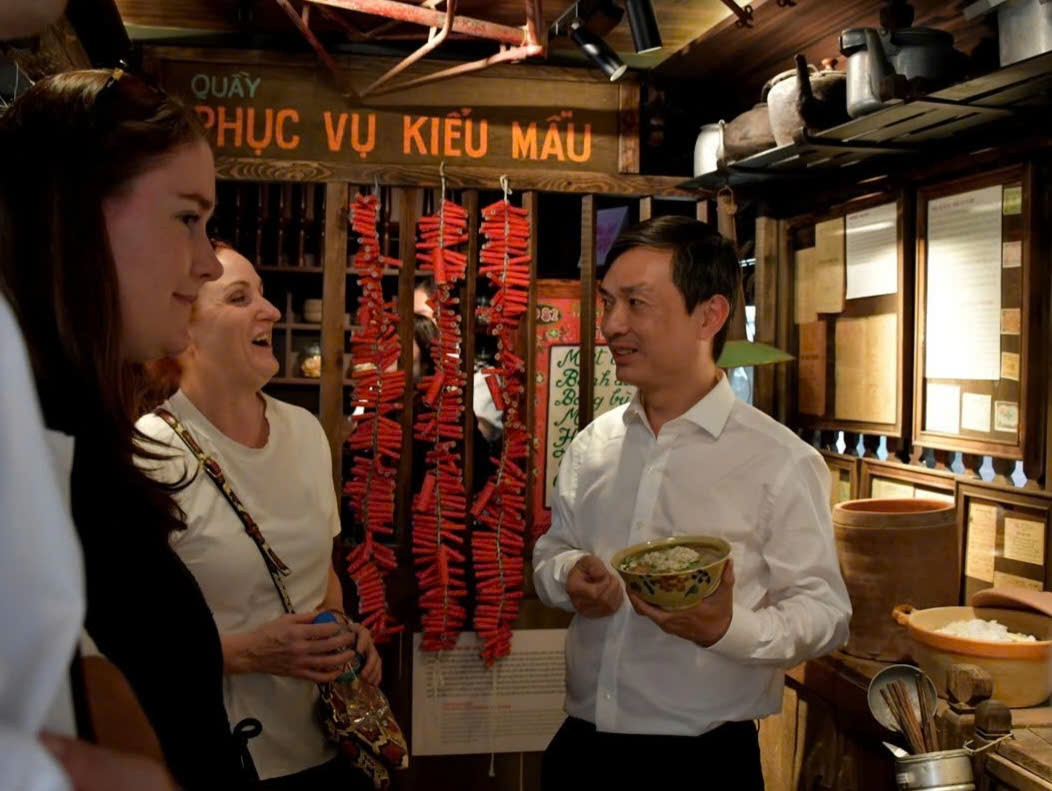






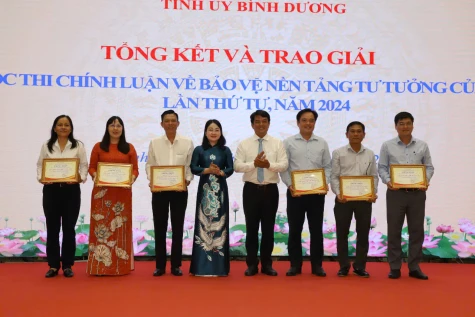


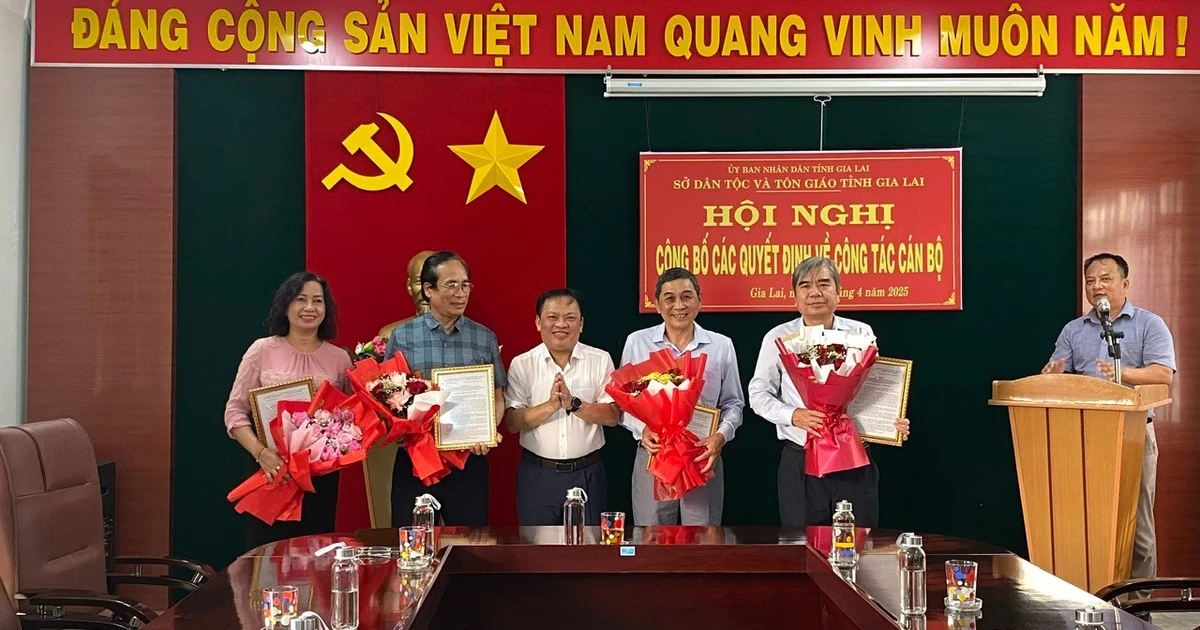
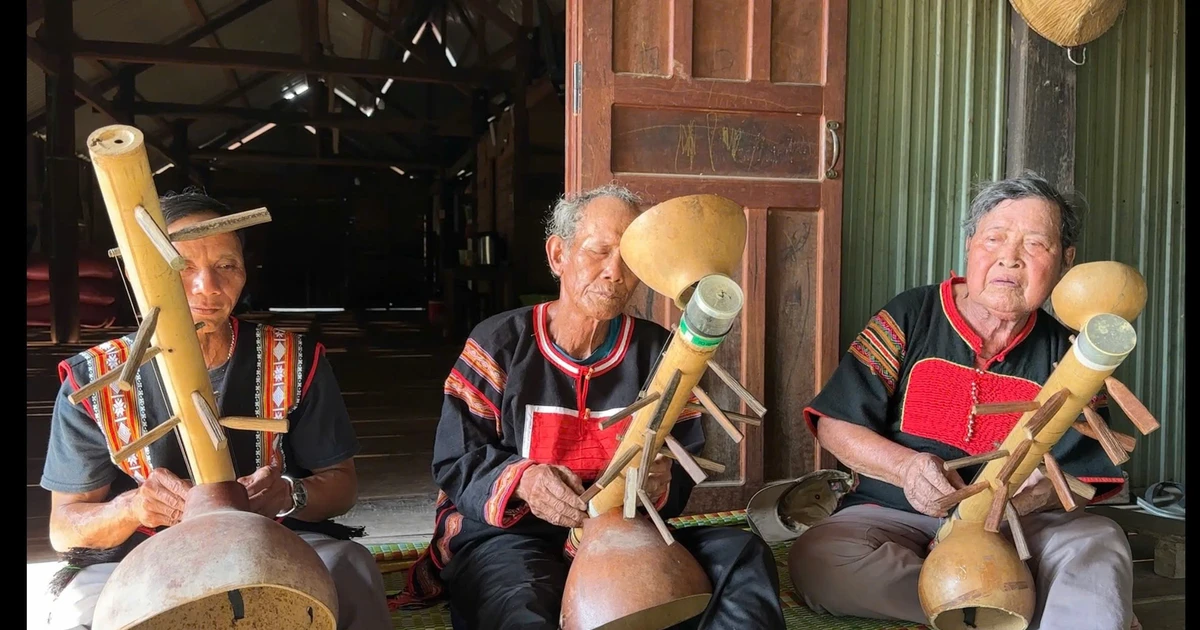
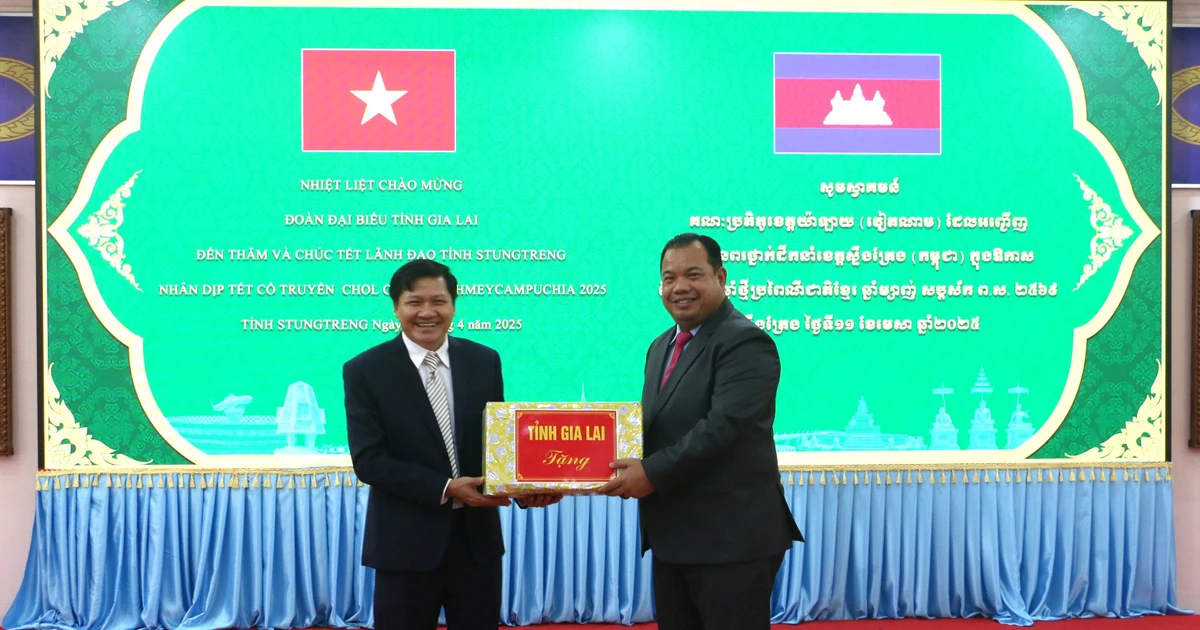
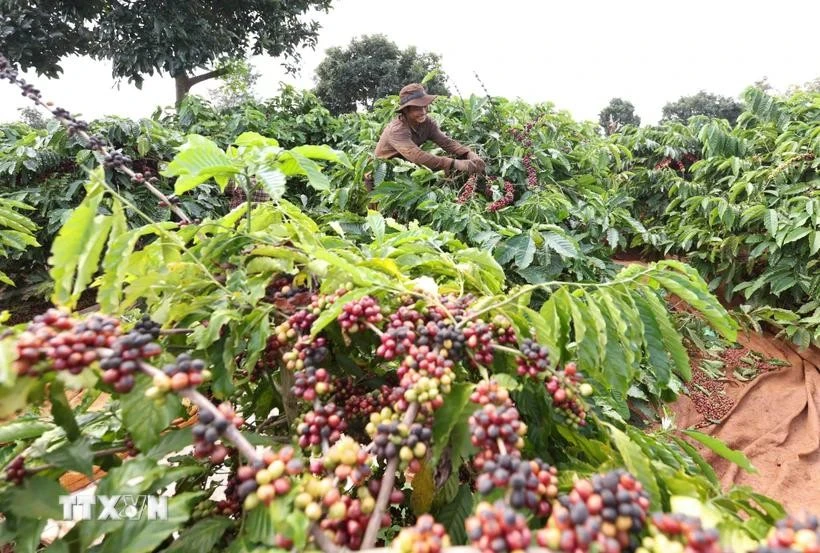
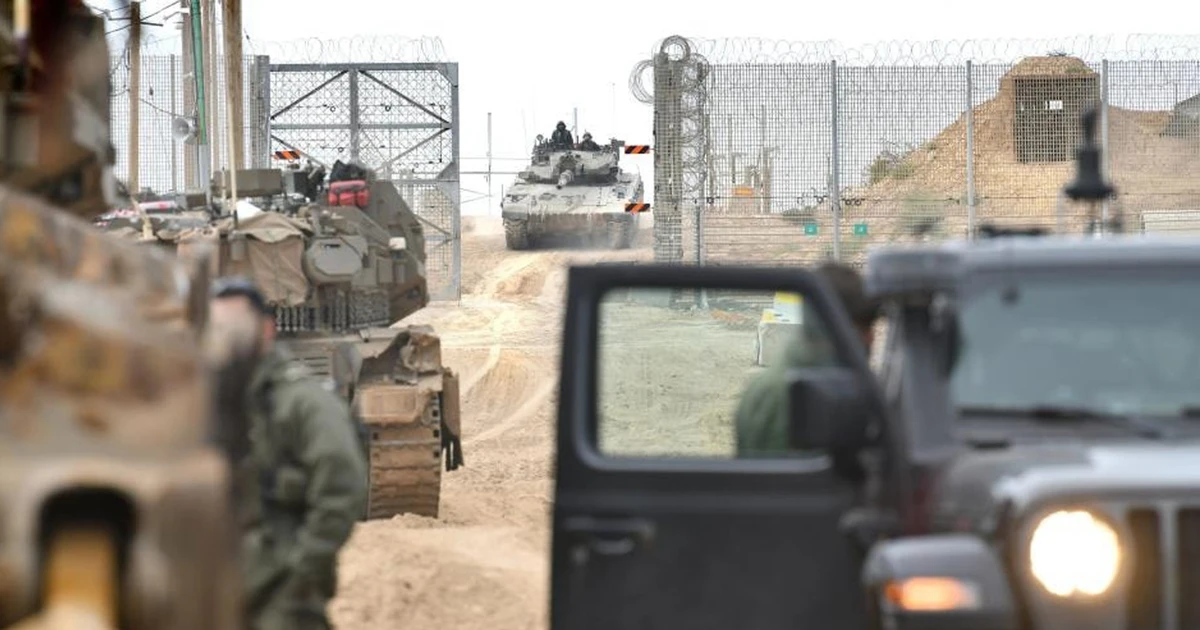
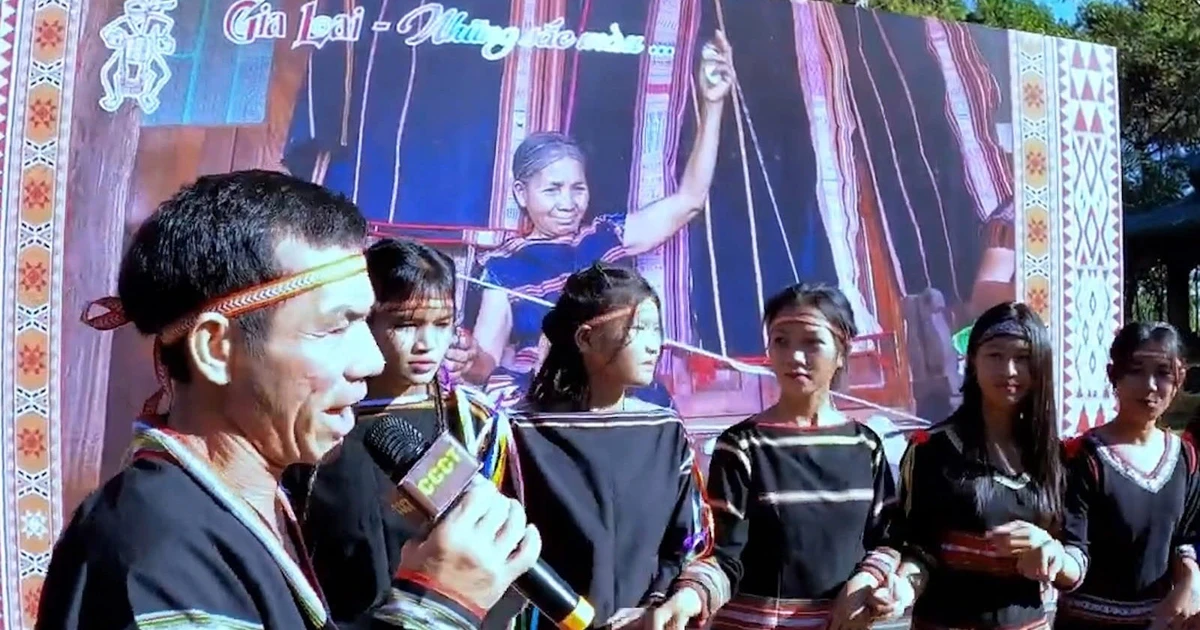
![[Photo] Summary of parade practice in preparation for the April 30th celebration](https://vstatic.vietnam.vn/vietnam/resource/IMAGE/2025/4/11/78cfee0f2cc045b387ff1a4362b5950f)





































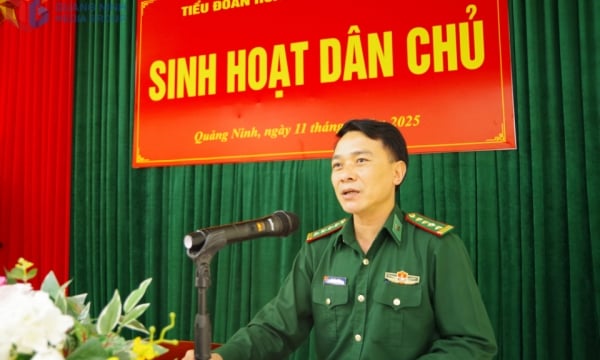
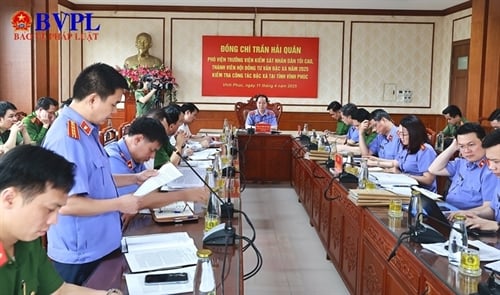

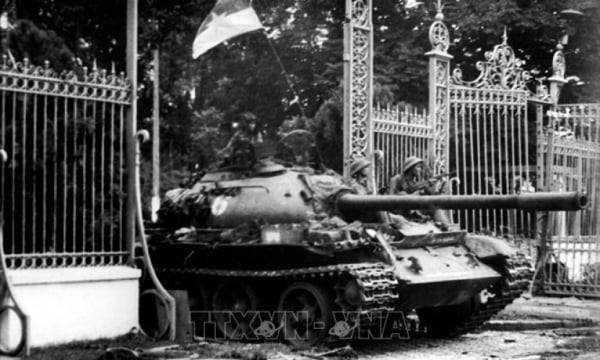
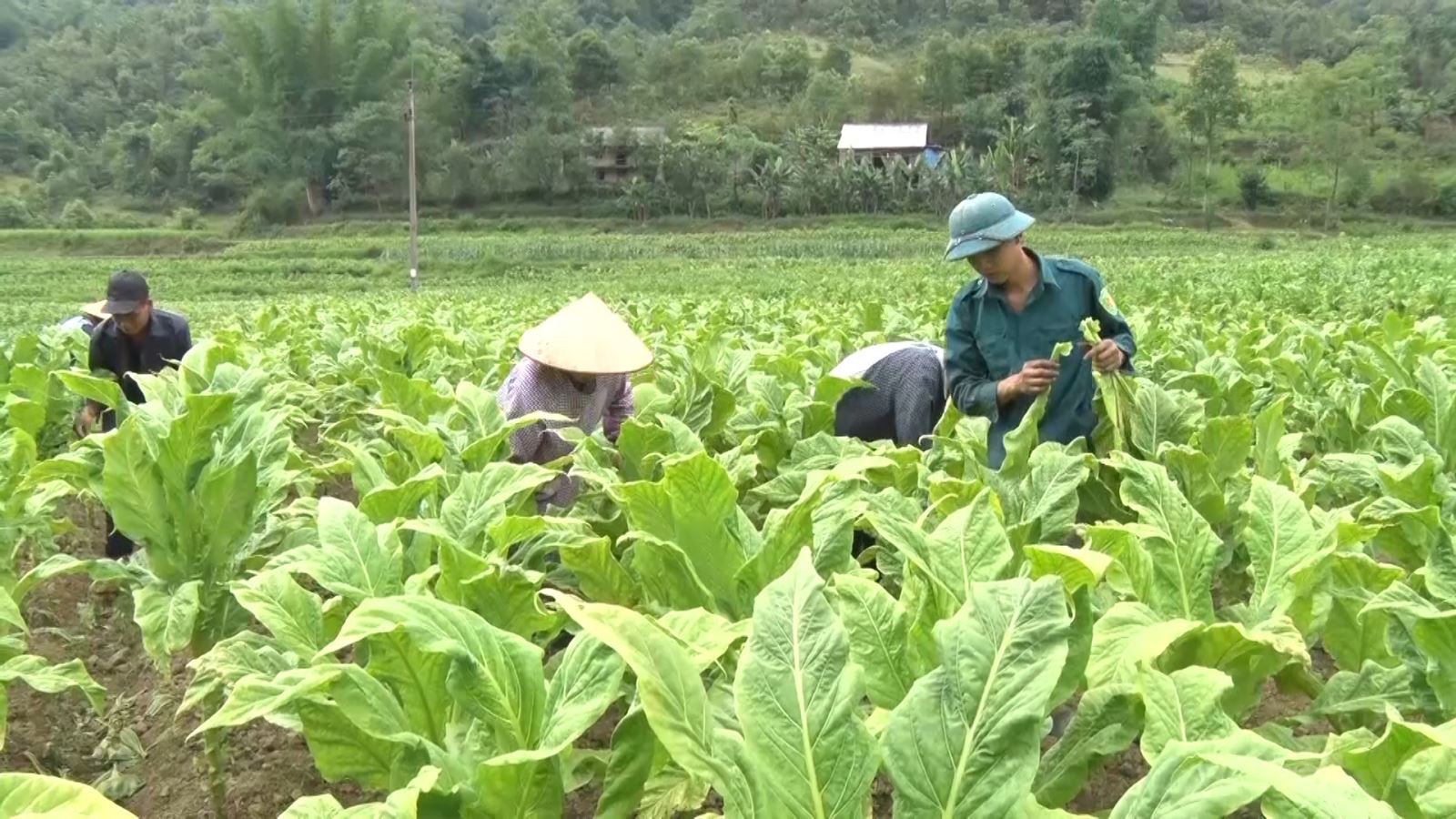











Comment (0)